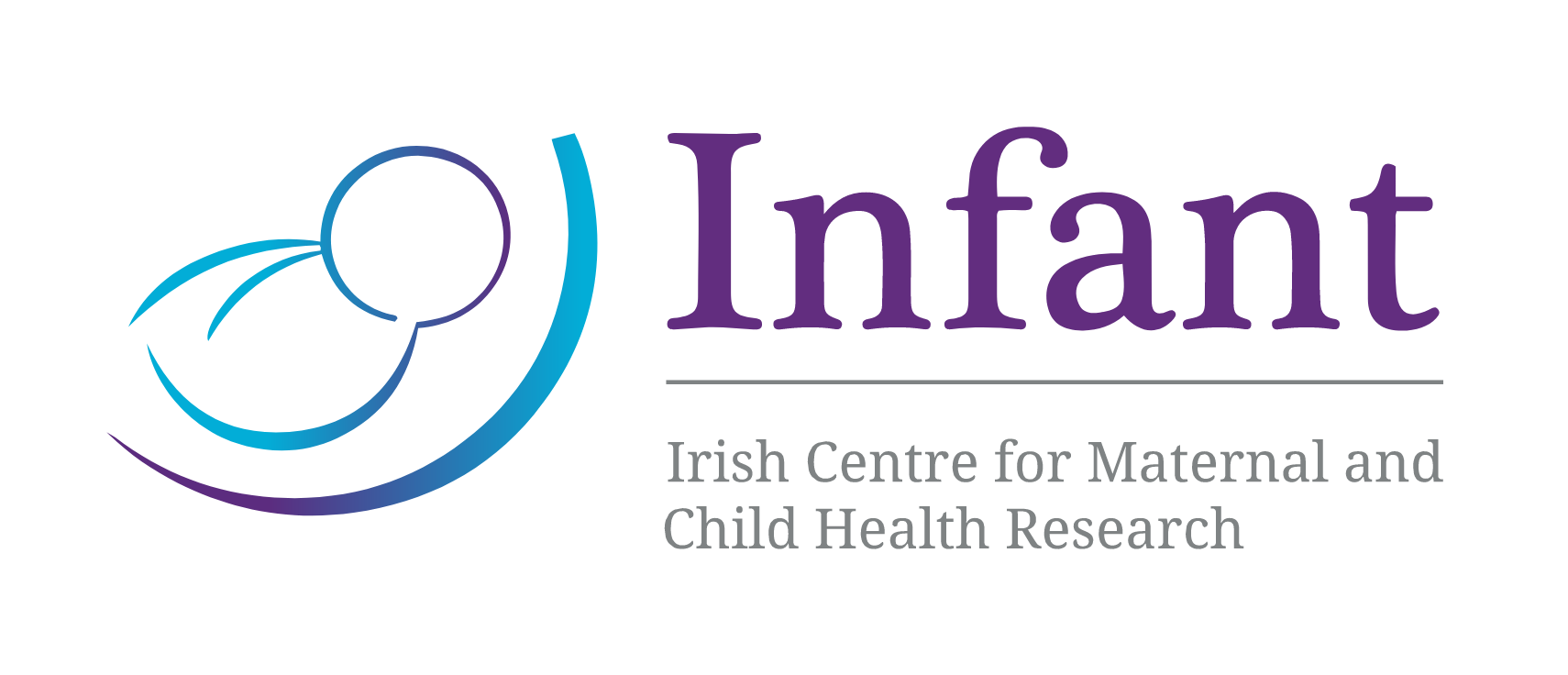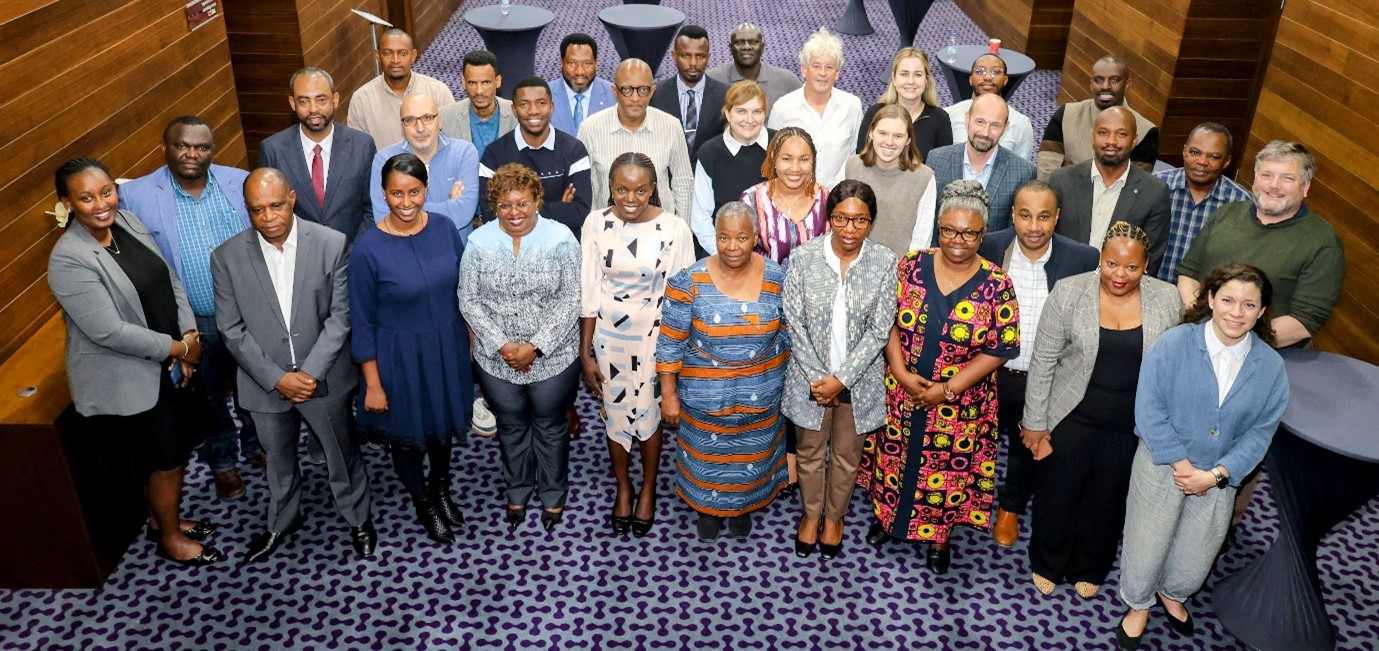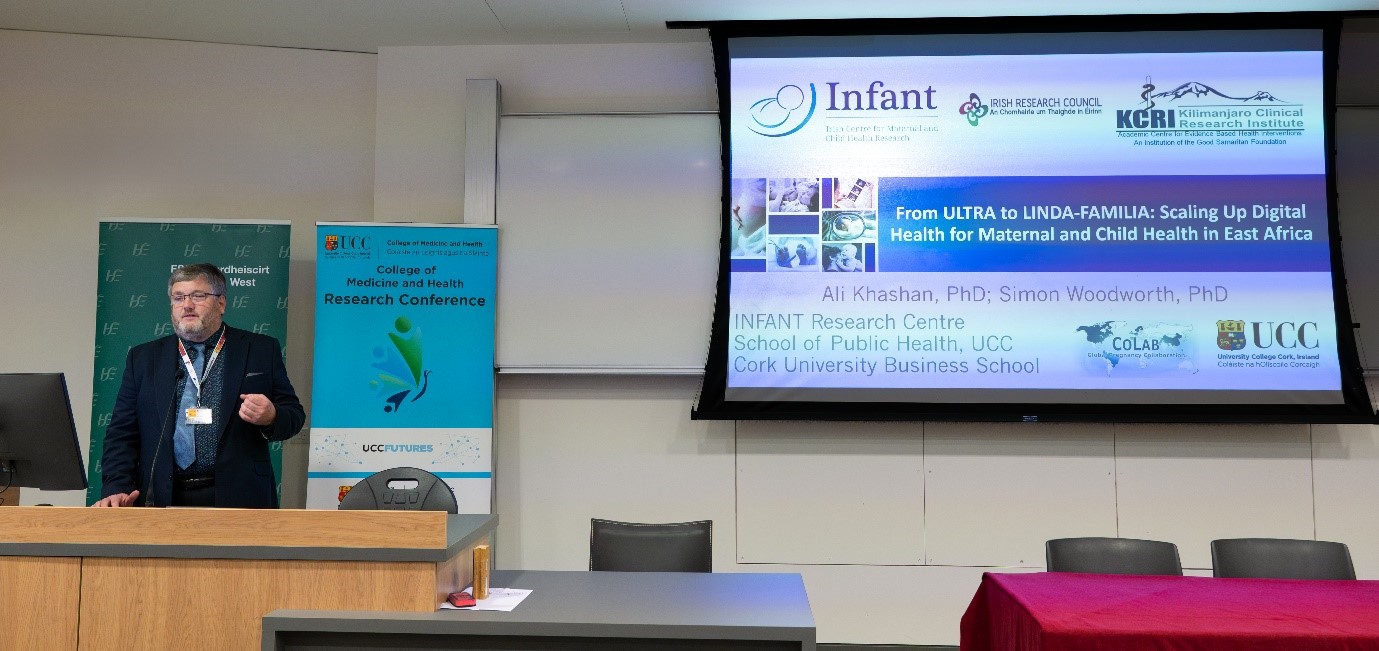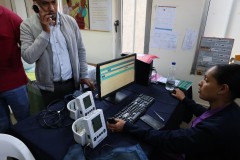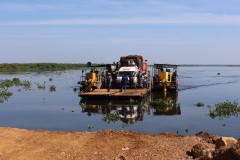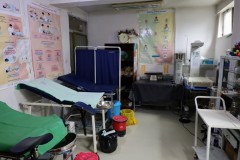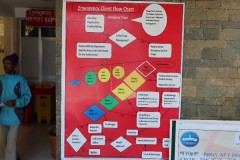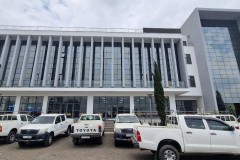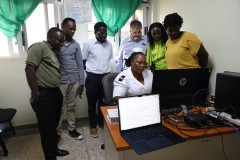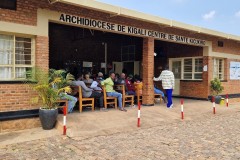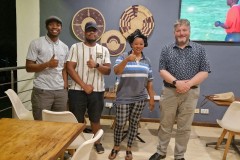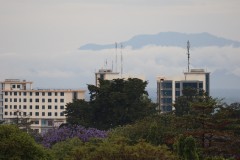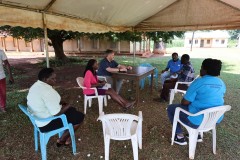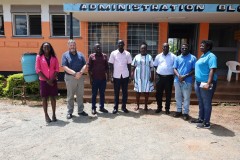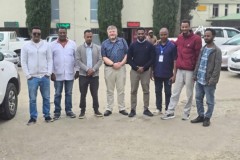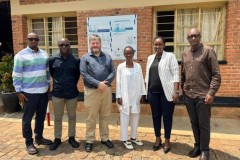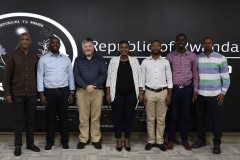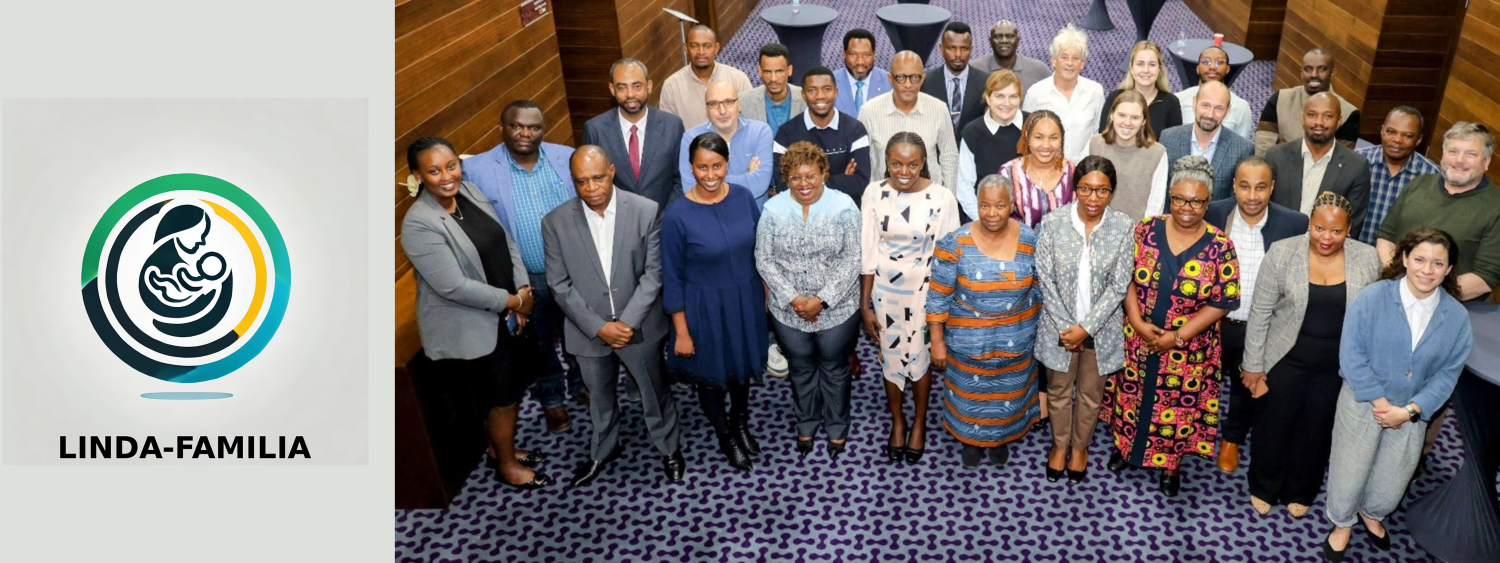
What is the LINDA-FAMILIA project?
LINDA-FAMILIA is a four-year digital health project being led by University College Cork to help protect mothers and children in East Africa by using smart digital tools to fight infectious diseases and save lives.
Funded by Horizon Europe, LINDA-FAMILIA proposes to adapt and scale up a digital health system across a region in Ethiopia, Rwanda, Tanzania and Uganda to capture pregnancy, postpartum, neonatal and paediatric data including data on infectious diseases and vaccinations.
The system will support maternal and child disease surveillance and health services delivery, support epidemiological clinical research and inform the development and improvement of clinical guidelines and health policies.
To address a fundamental gap in health systems: access to timely and reliable data. By building a sustainable open-source digital health system within the DHIS2 platform, we can improve health data systems, support clinical decision-making and in turn improve outcomes for mothers and babies.
LINDA FAMILIA’s mission is to address a fundamental gap in health systems: access to timely and reliable data. By building a sustainable open-source digital health system within the DHIS2 platform, we can improve health data systems, support clinical decision-making and in turn improve outcomes for mothers and babies
Key Objectives
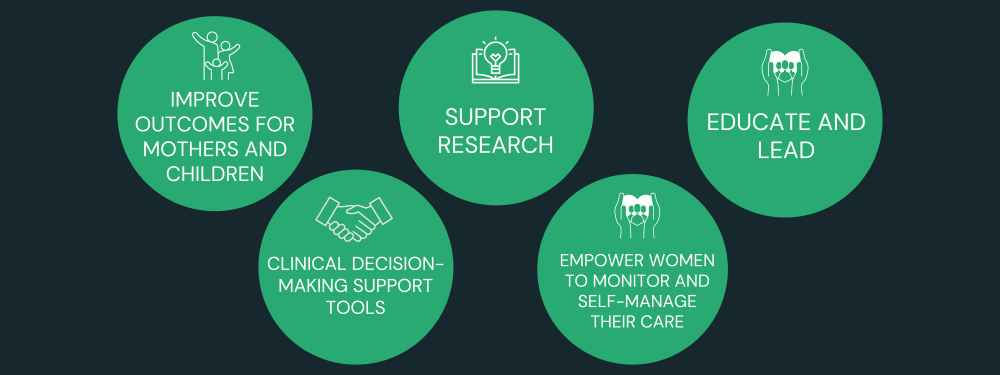
Why is it important?
Maternal and neonatal mortality remains a major public health challenge in sub-Saharan Africa, with the region accounting for nearly two-thirds of global maternal deaths and half of neonatal deaths. LINDA-FAMILIA aims to tackle high maternal and child mortality rates by improving early detection and care for infectious diseases through better data and digital tools.
Who is Involved:
The project, which was award €4.9 million by Horizon Europe, is led by the INFANT Research Centre at UCC. It brings together global partners from Ireland, Tanzania, Ethiopia, Rwanda, Uganda, Norway and the UK.
Work Package Leads and Co-Leads:
WP 1: Mapping the Context – University College Cork and The Good Samaritan Foundation/Kilimanjaro Christian Medical Centre
WP 2: Facilitation and Implementation – Ethiopian Public Health Institute and Norwegian Institute of Public Health
WP 3: Intervention Evaluation – Eagle Research Centre, Rwanda and University College Cork
WP 4: Clinical Research – Uganda National Institute of Public Health and University of Oslo
WP 5: Capacity Building – Imperial College of Science and Technology and Medicine and Eagle Research Centre, Rwanda
WP 6: Scientific Leadership – The Good Samaritan Foundation/Kilimanjaro Christian Medical Centre
WP 7: Communication, Dissemination and Exploitation – University College Cork and The Good Samaritan Foundation/Kilimanjaro Christian Medical Centre
WP 8: Project Coordination – University College Cork
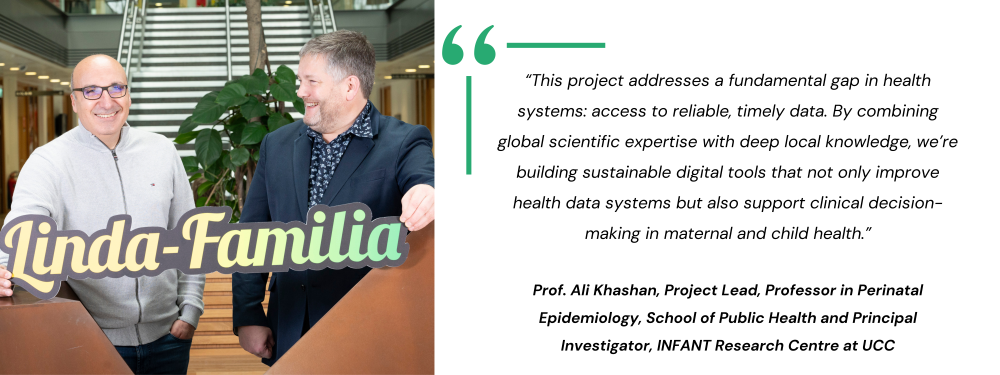
News and Updates – Read our blog:
Project Gallery
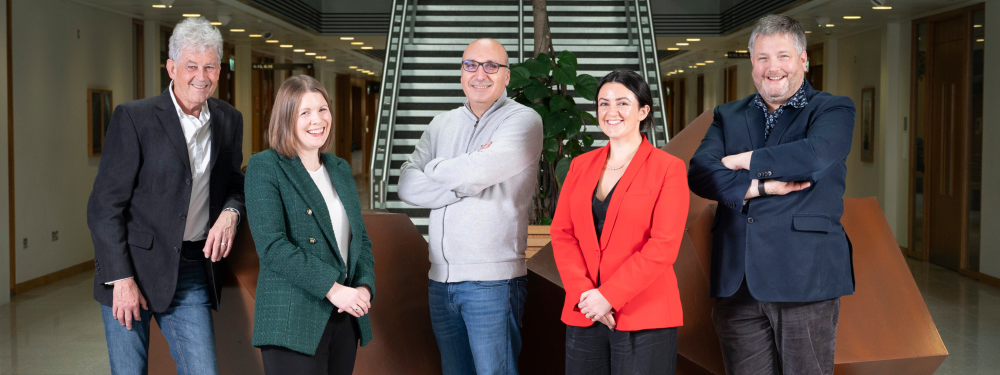
Pictured are Dr Ian Pitt, Lecturer in Usability Engineering and Interactive Media, School of Computer Science & Information Technology, UCC, Dr Aileen Murphy, Senior Lecturer in Economics, Cork University Business School, UCC, Prof Ali Khashan, Professor in Perinatal Epidemiology, School of Public Health and Principal Investigator, INFANT Research Centre at UCC, Julie Arnott, Lecturer in Health Protection/Infection Prevention and Control, School of Public Health, UCC and Dr Simon Woodworth, Lecturer in Business Information Systems, Cork University Business School and Lead Investigator, INFANT Research Centre, UCC.
